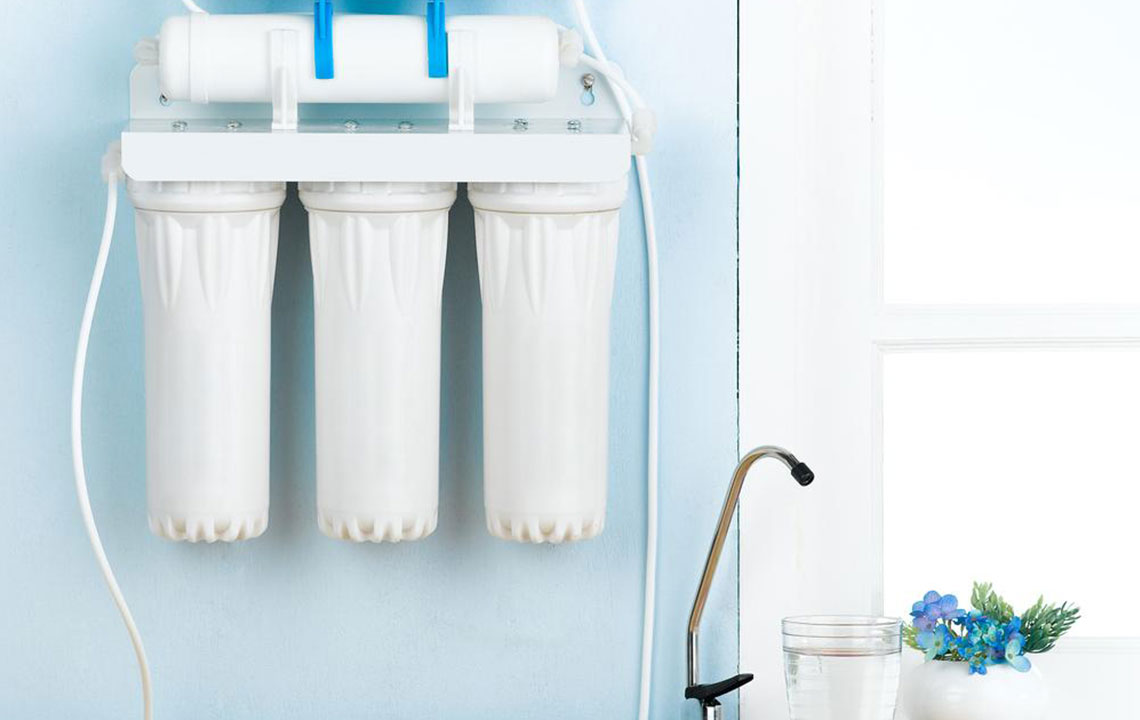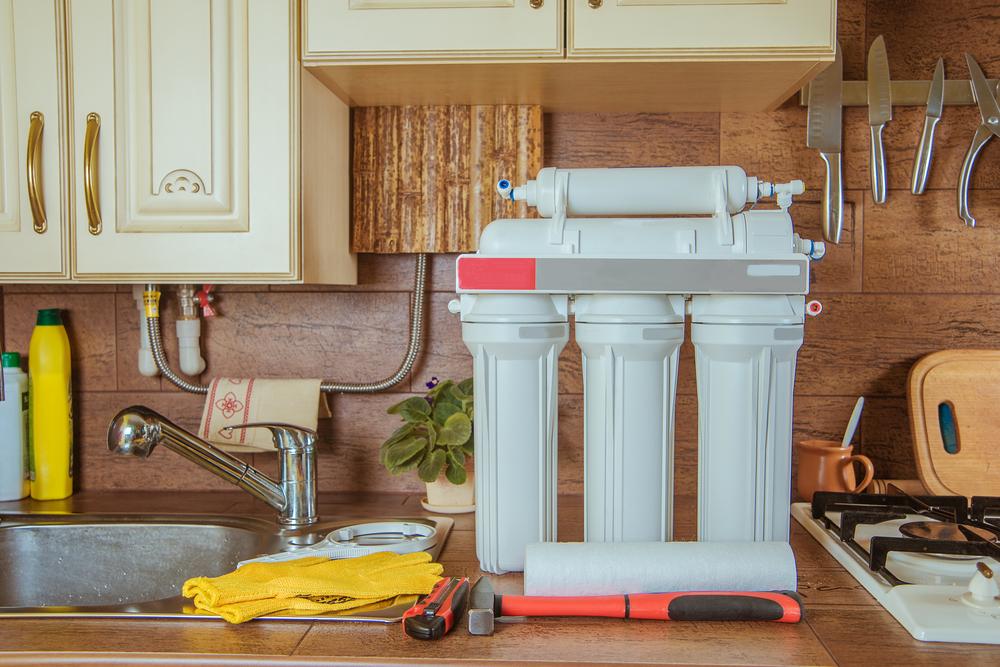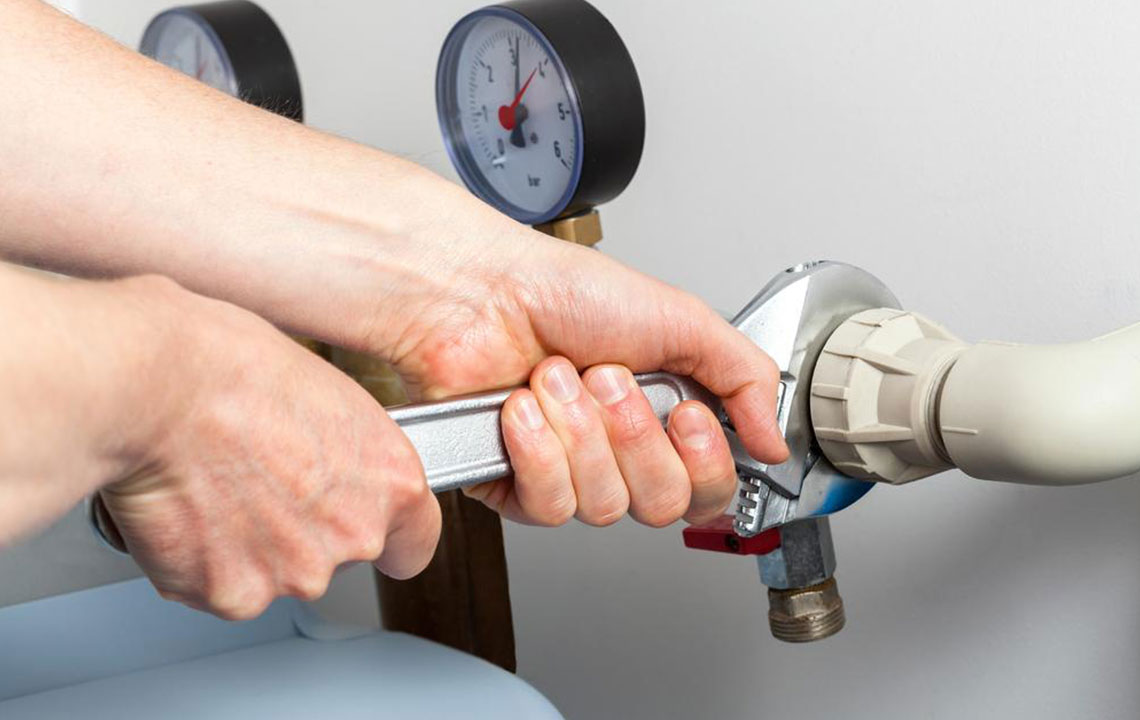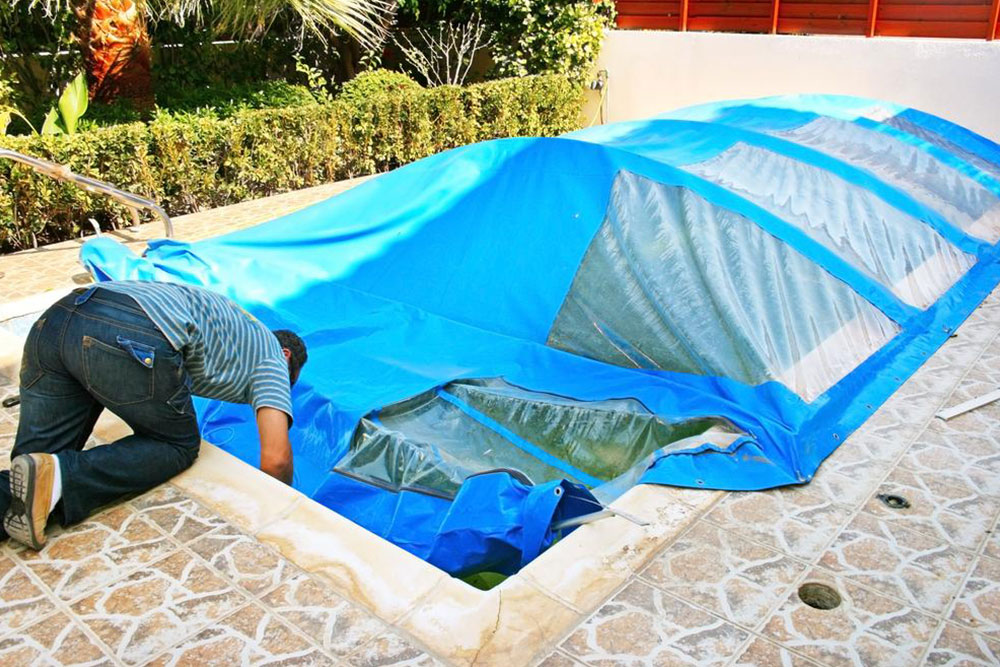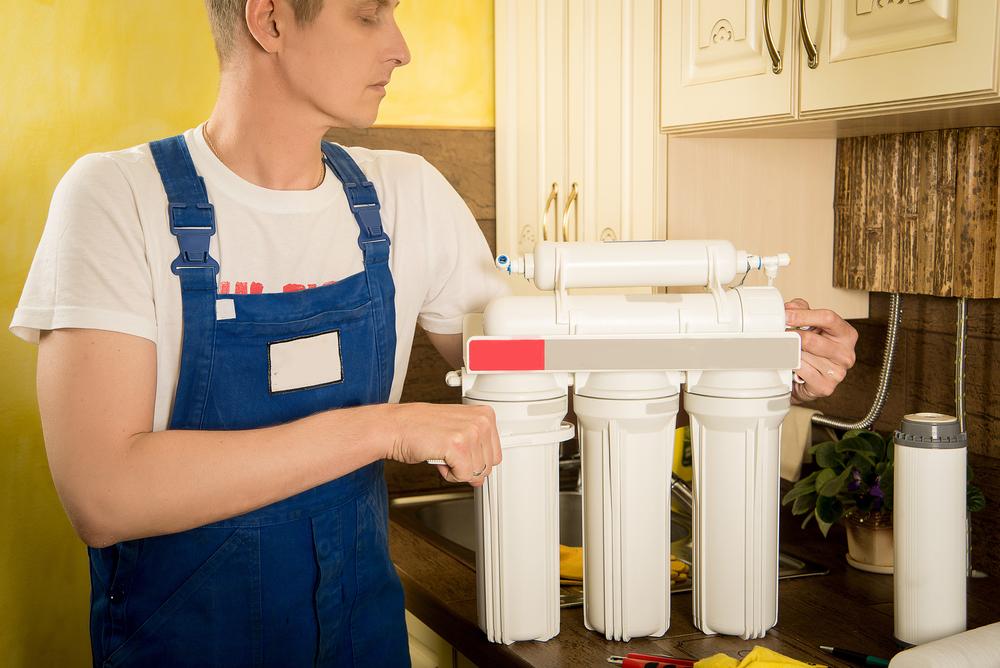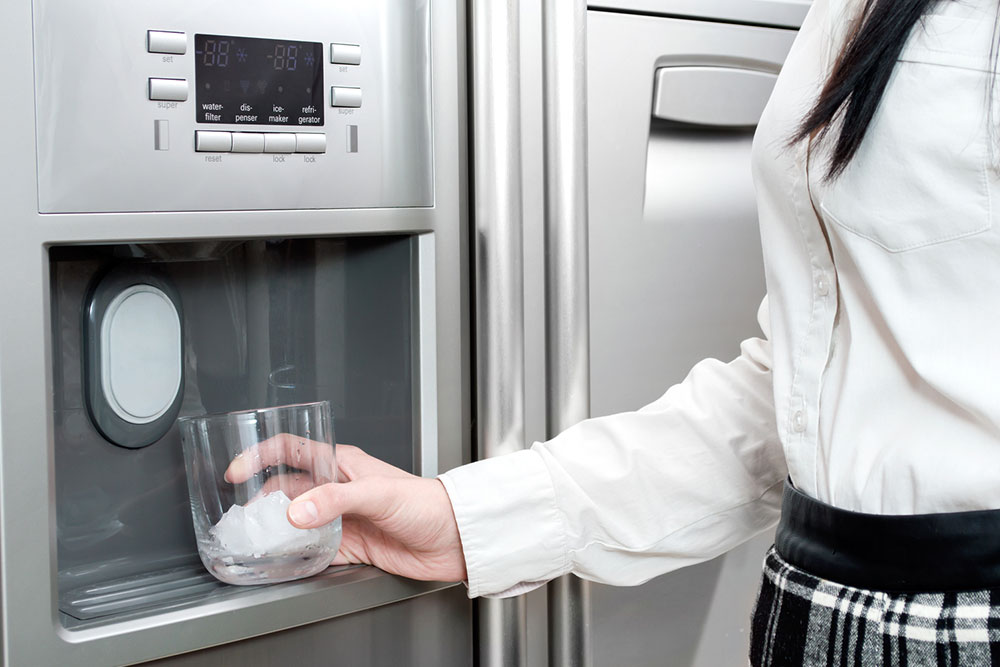Comprehensive Guide to Selecting the Best Water Softening System for Your Home
Choosing the perfect water softening system is crucial for maintaining healthy, soft water in your home. This detailed guide covers assessing water hardness, estimating capacity needs, considering filtration features, budgeting, and maintenance tips. By understanding these key factors, homeowners can select efficient, durable systems that improve water quality and protect household appliances, ensuring long-term satisfaction and value.
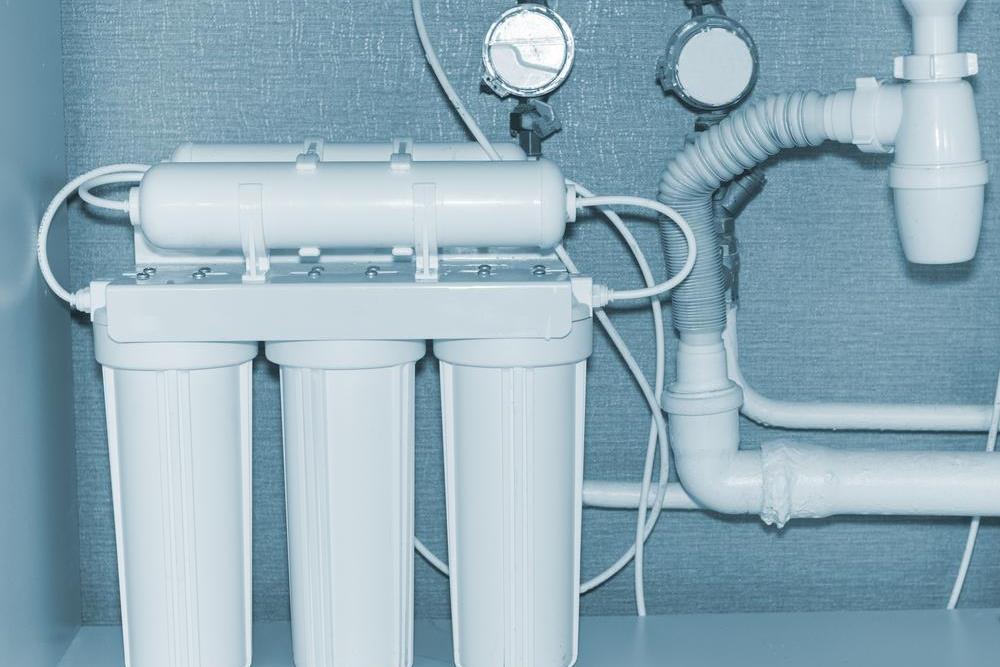
Expert Advice for Choosing the Optimal Water Softening Solution
Many households worldwide grapple with the challenges posed by hard water, which leads to issues such as skin dryness, mineral deposits on fixtures, and damage to appliances like dishwashers and water heaters. Water softening systems present an effective remedy, but selecting the most suitable model requires thorough understanding and careful evaluation. In this comprehensive guide, we will explore essential tips and considerations to help you make an informed decision, ensuring your home benefits from clean, soft water consistently.
Understanding Water Hardness and Assessing Your Needs
The first critical step toward choosing an appropriate water softener is understanding the hardness level of your local water supply. Water hardness is primarily caused by high concentrations of calcium and magnesium minerals. Knowing the exact level helps determine the necessary capacity and type of water softening system you should invest in.
To evaluate your water hardness accurately, there are several reliable methods:
Consult regional water quality maps provided by agencies such as the US Geological Survey (USGS) to get an overview of water hardness in your area.
Use a home water testing kit, which is affordable and provides immediate results, enabling you to assess mineral levels directly from your tap water.
Hire licensed water testing professionals to perform detailed laboratory analyses, especially if you suspect complex water quality issues beyond hardness, such as the presence of other contaminants.
Knowing your water's hardness level ensures you select a softening system with the appropriate capacity, optimizing performance while avoiding unnecessary expenses.
Estimating Water Consumption and Capacity Requirements
Next, it’s vital to estimate your household’s daily water usage. This helps determine the grain capacity needed for your water softening system. The grain capacity reflects how much hardness minerals the unit can remove before regeneration is necessary.
Small households with modest water use might only need a unit rated at around 20,000 grains, which is sufficient for typical daily needs. Larger families with higher water consumption will benefit from models with 30,000 grains or more, ensuring continuous soft water without frequent regeneration cycles.
For precise calculations, consider your household’s water flow rate, number of appliances, and personal preferences for water quality. This detailed assessment will enable you to select a system that offers reliable performance and longevity.
Advantages of Additional Filtration Features
While basic water softeners effectively remove hardness minerals, some households require additional purification to improve taste, odor, or remove specific contaminants like chlorine, sediment, or heavy metals. If your goal is cleaner, safer drinking water, consider systems with integrated or separate filtration stages.
These advanced systems often include activated carbon filters or multi-stage filtration setups, providing comprehensive water treatment that enhances overall quality beyond softening. Investing in such features can lead to better health outcomes and greater satisfaction with your water supply.
Budgeting for Your Water Softening System
Pricing for water softening units varies significantly based on capacity, features, and durability. High-capacity models with advanced features tend to cost more but offer longer service life, better efficiency, and lower maintenance costs over time.
On average, investing around $1,500 for a high-quality softener and professional installation is common for many households. This upfront cost ensures you receive a durable, efficient system capable of handling your household’s needs while minimizing breakdowns and repairs.
Be cautious of extremely cheap models that may compromise quality, and prioritize reputable brands with positive customer reviews. Remember, a reliable water softener is a long-term investment in your home's comfort and appliance longevity.
Ongoing Maintenance and Care
To keep your water softener functioning optimally, regular maintenance is essential. Basic tasks include refilling salt, cleaning the resin bed, and inspecting the system for any leaks or malfunctions. Proper upkeep not only prolongs the lifespan of your unit but also maintains the quality of the softened water.
Some maintenance activities might require professional assistance, especially complex repairs or resin regeneration procedures. Budgeting for routine professional checkups can prevent costly repairs and ensure your system operates efficiently.
Regular maintenance schedules and adherence to manufacturer guidelines will guarantee your water softening system continues to deliver reliable, high-quality soft water, protecting your home’s plumbing and appliances for years to come.
In summary, selecting the right water softening system involves assessing your water's hardness, estimating household water needs, considering additional filtration options, setting a realistic budget, and planning for regular maintenance. By following these expert tips, you'll ensure your home benefits from effective water softening solutions tailored to your specific requirements, enhancing your living environment and safeguarding your household appliances.
